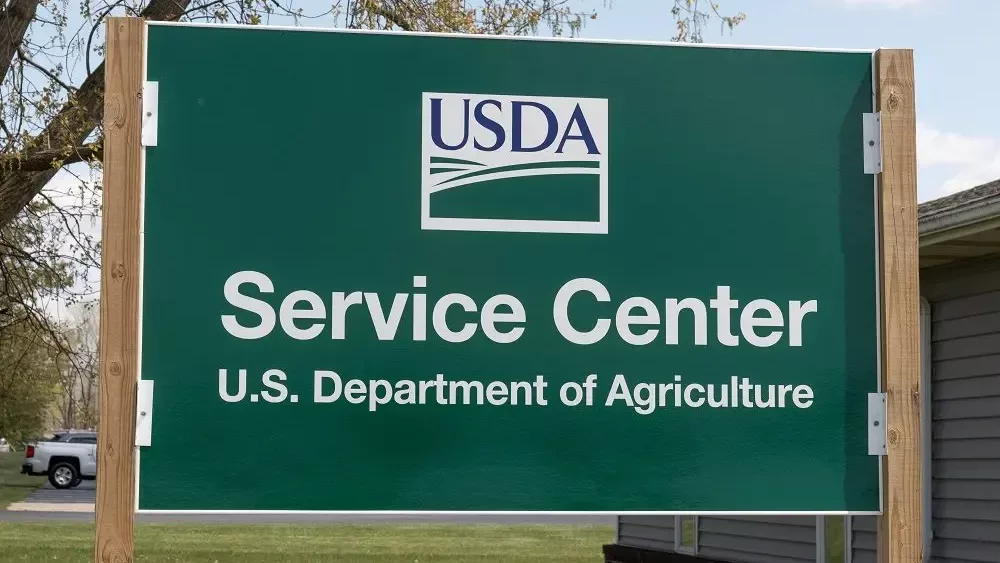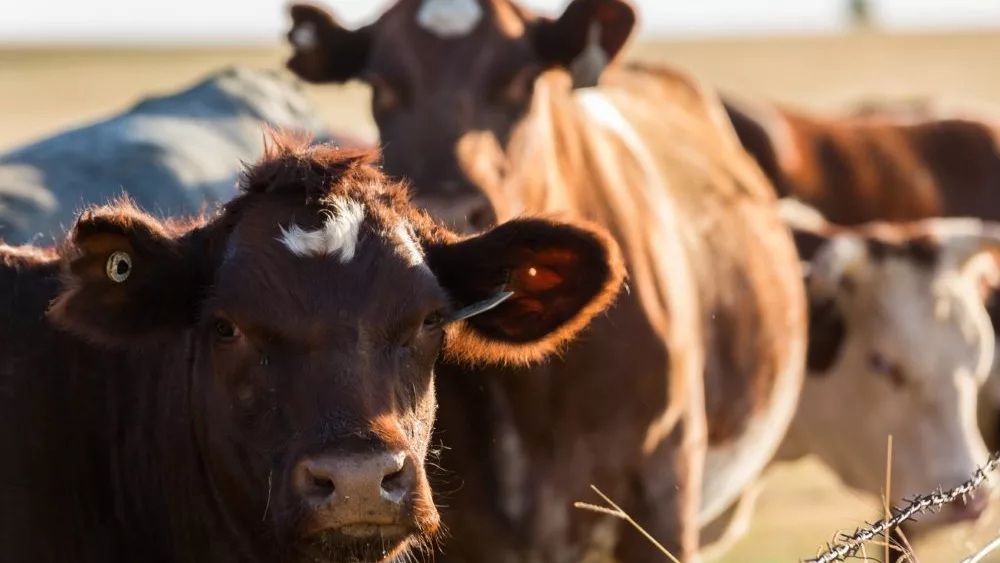From dairy farmers with nowhere to send their milk and cattle ranchers reeling from plummeting beef prices, the impact of the coronavirus is rippling through farm country. Corn, cotton and soybean futures have tumbled, ethanol plants have been idled, and some fruit and vegetable farmers are finding their best option is leaving produce in the field.
Price forecasts for most agricultural products are bleak. In the past month, dairy prices have dropped 26-36%, corn futures have dropped by 14%, soybean futures are down 8% and cotton futures have plummeted 31%.
Hog futures are down by 31%. A surge in demand for beef emptied grocery store meat aisles, but there is no lack of supply. Despite a rise in retail prices in some areas, the prices paid to cattle producers have fallen 25%.
Dairy producers were optimistic at the start of 2020 that it would be a turnaround year, with milk prices on the rise and feed costs holding steady. But hopes were dashed when the coronavirus quickly and dramatically affected demand, disrupted supply chains and led to the 26-36% drop in prices, according to Michigan Farm Bureau (MFB) Livestock and Dairy Specialist Ernie Birchmeier.
Schools, restaurants and universities that were among the main purchasers of milk and milk products were suddenly shuttered, leaving dairy farmers with far more milk than plants are capable of processing for the consumer retail market, Birchmeier said.
He speculates that Michigan dairy producers will eventually be facing the same difficult prospect of dairy producers in neighboring states who have been asked to begin dumping milk in the past two weeks.
“The sometimes-empty supermarket milk coolers reflect supply chain adaptation challenges, not lack of supply,” Birchmeier said. “Experts do not expect retail demand for dairy to make up for lost food service and restaurant demand.”
After years of a down farm economy and damaging severe weather, the COVID-19 ripple effects are forcing farmers to face heartbreaking financial realities, according to the American Farm Bureau Federation (AFBF).
“Without question, the disaster aid provided in the CARES Act is a lifeline that will help many farmers hold on,” said AFBF President Zippy Duvall. “We don’t know how many for how long, but we’re grateful.”
The CARES Act provides $9.5 billion to the Agriculture Secretary for financial support to farmers and ranchers impacted by the coronavirus and $14 billion for the Commodity Credit Corporation. Direct food- and agriculture-related provisions in the CARES Act, including the support for USDA and the CCC and additional funding for the Supplemental Nutrition Assistance Program, account for only .02% of the total aid provided in the bill.
USDA has not yet announced how it will distribute the aid. Meanwhile, farmers reliant on direct consumer sales, such as farmers markets and u-pick farms, are also facing dramatic losses. Often highly perishable, a loss of market at peak harvest has led some to cut their losses by leaving fruits and vegetables in the fields.
Travel restrictions also mean consumers are driving far less, pushing down demand for both oil and ethanol made from corn, according to Birchmeier.
“A 35% drop in ethanol prices has caused some plants to either scale back production or stop production altogether, further depressing corn prices,” Birchmeier said. “The sudden change has also cut off the supply of dried distillers grains (DDG) — a byproduct of ethanol production and source of high-protein feed — for livestock producers, who are left scrambling to find a replacement source for protein.”
More detailed information about the coronavirus’ impact on agriculture is available on the American Farm Bureau Federation website.
Michigan Farm Bureau and Michigan Farm News are committed to providing its members and readers with the latest news and information on the COVID-19 pandemic. For news, updates and resources, visit https://www.michfb.com/MI/Coronavirus/. The page will be updated daily as more information becomes available.






